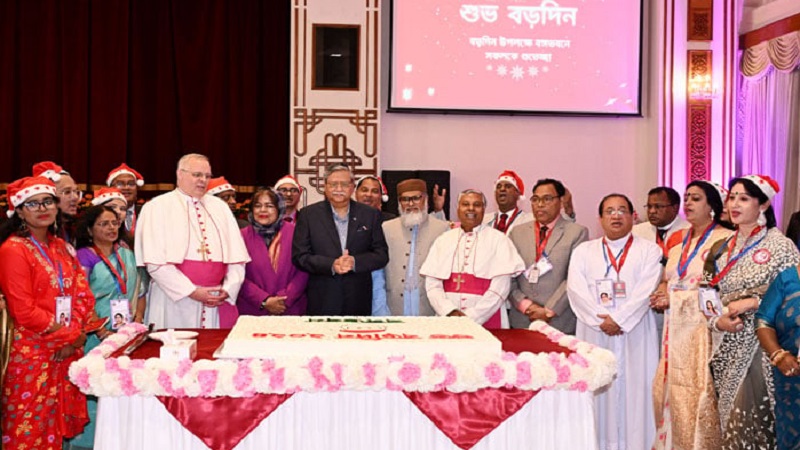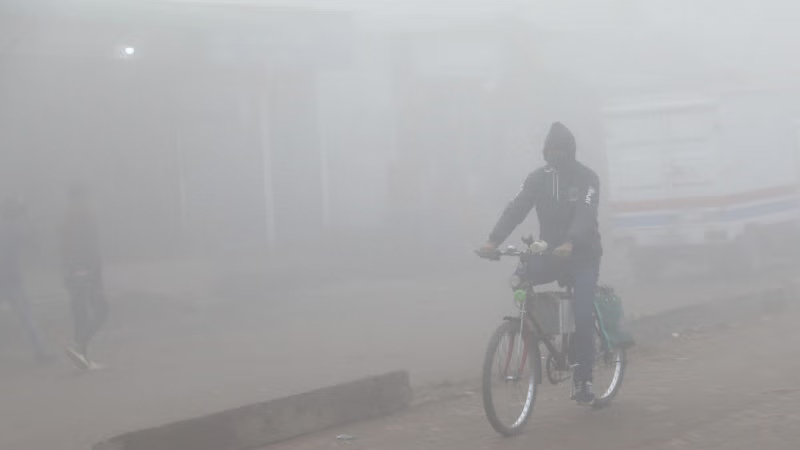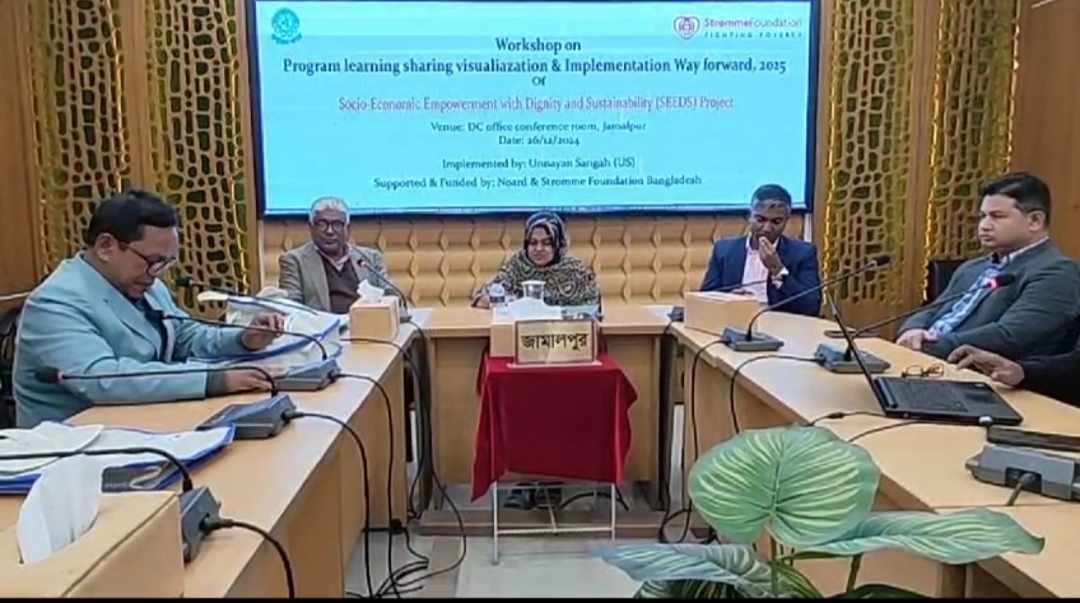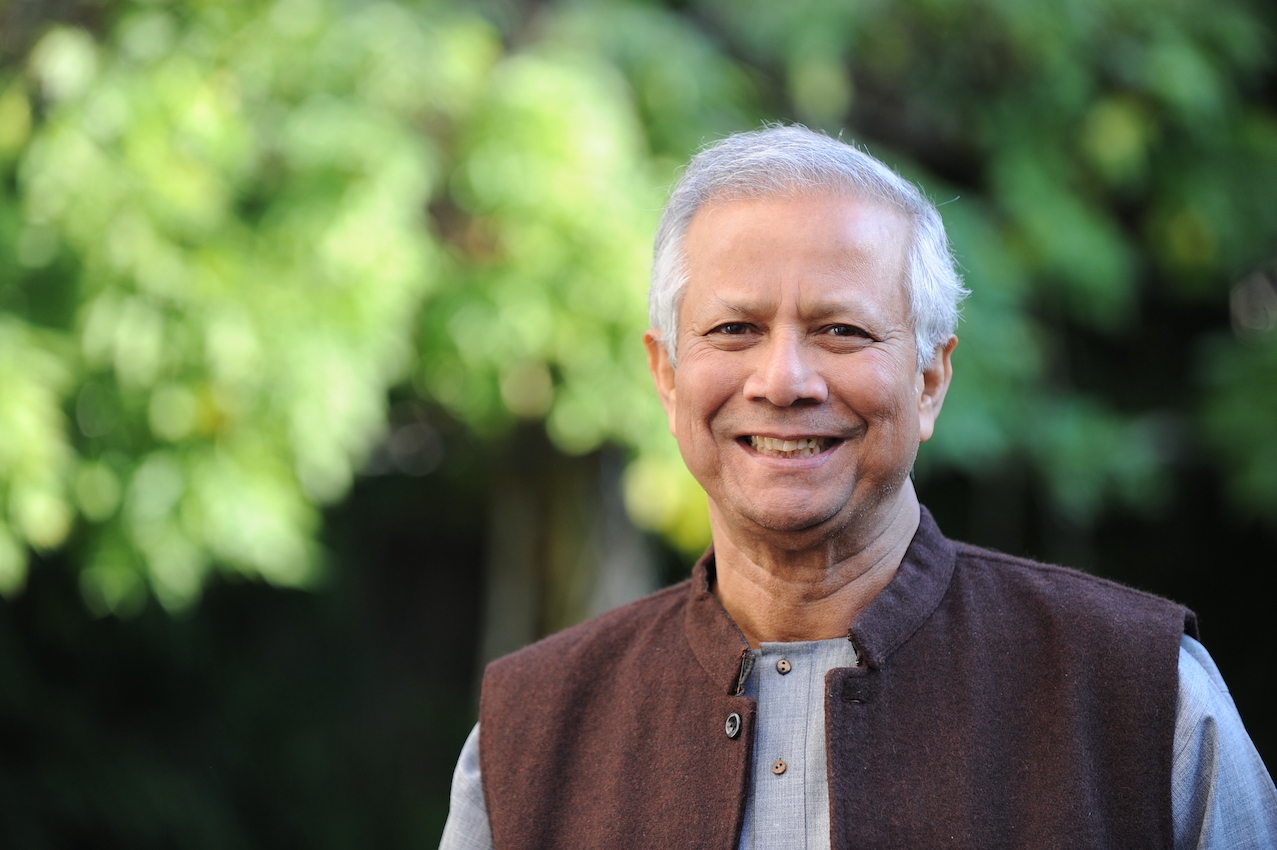Chief Advisor Dr. Muhammad Yunus stated that most climate-vulnerable countries, with limited decarbonization capabilities, require sufficient financial and technological assistance to foster green industries.
He said that Bangladesh is willing to work with the Climate Club by leveraging international cooperation in capacity-building, technology transfer, and concessional decarbonization finance.
According to a message received on Tuesday (November 12), the Chief Advisor shared these views at a high-level Climate Club leaders’ meeting, organized by Germany and Chile, during the COP29 conference in Baku, Azerbaijan.
Dr. Yunus emphasized that achieving the goal of limiting warming to 1.5 degrees Celsius requires rapid, sustainable reductions in greenhouse gas emissions, cutting global emissions by 43% by 2030, and reaching net zero by 2050 through extensive international actions.
He called for the demonstration and deployment of proven low-emission technologies, particularly in emerging markets and developing economies.
The Chief Advisor noted that many decarbonization technologies demand substantial upfront investment, which can be a barrier in countries with limited financing options, particularly in the most vulnerable developing nations like Bangladesh.
He stressed the need to develop financial systems that encourage concessional financing for the private sector in Bangladesh’s emerging economy, promoting industrial decarbonization.
Dr. Yunus highlighted that ensuring international cooperation, capacity building, and technology transfer under Article 6.8 of the Paris Agreement is essential.
The 2006 Nobel Peace Laureate underscored the need for an international agreement on carbon pricing or border adjustment taxes to level the playing field, with preferential treatment for least developed countries (LDCs) given their unique circumstances and development needs.
On industrial decarbonization, he observed that prioritizing cost over sustainable practices in some sectors could hinder global innovation in low-carbon technology.
Professor Yunus argued that policies like carbon border adjustments and international cooperation are essential to balance decarbonization efforts with economic stability, mitigating risks associated with such efforts.
He noted that these policies might impact the competitiveness of companies in especially vulnerable developing nations like Bangladesh, making them less competitive globally due to higher production costs from stringent emission policies.
The Chief Advisor concluded that LDCs need preferential arrangements to account for their unique conditions and developmental needs.
He added that highly ambitious mitigation policies implemented in a fragmented way can drive industrial activities to regions with little or no carbon pricing policies, leading to carbon emissions and obstructing the overall global carbon reduction targets.
Dr. Yunus commented that the EU-proposed Carbon Border Adjustment Mechanism (CBAM) indirectly imposes emission standards on exported goods, encouraging relevant countries to strengthen their climate policies.
He further emphasized that international cooperation is crucial not only to support fair and inclusive transitions but also to stimulate economic growth and create new job opportunities in emerging markets.










